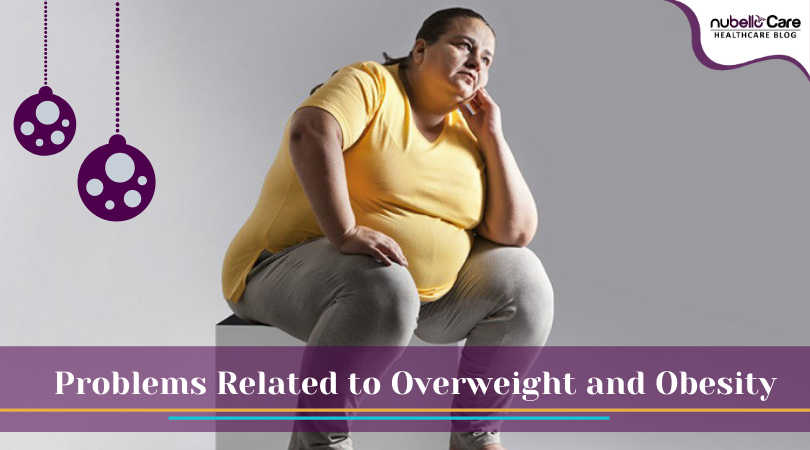
In this modern-day society, everyone is very conscious about their outer appearance and their confidence level is greatly affected by one’s appearance. In this 21st century, the most predominant problem faced by people of all ages these days is obesity. Obesity itself is a disease and there are several other problems related to Overweight and Obesity.
In India, approximately 11 million people are facing issues because of obesity every year. The number of people getting obese is escalating day by day because of the intake of junk food and improper eating habits. Obesity can result in many health problems such as stroke, heart attack, elevated blood pressure, clotting of blood, etc. An individual is medically considered to be obese when their body mass index is 25 or more than that. Obesity is nothing but being overweight.
Causes of Overweight and Obesity
There are many reasons for obesity. And a few of the most common reasons are as per the following:
- Improper Eating Habits
- Lifestyle Change
- Improper Sleeping Habits
- No proper exercise
- Heredity problem
- Eating high sugar content food
- Eating junk food to a large amount
- Improper medications that increase weight
- Lack of sleep
- Getting pregnant at a later age
- Increased consumption of alcohol
- Increased smoking
- Genetic problem
- Accumulation of too much water at night times
Problems Related to Overweight
Excessive weight may raise the risk for numerous health problems namely
- type 2 diabetes
- high blood pressure
- heart disease and strokes
- trouble breathing
- polycystic ovary syndrome (PCOS)
- insulin resistance
- high cholesterol
- hardened arteries
- joint and muscle pain
- gout
- gall bladder disease
- depression
- asthma
- certain types of cancer such as prostate, gall bladder, colorectal, breast, endometrial and kidney
- sleep apnea
- osteoarthritis
- liver problems such as fatty liver disease
- kidney disease
- problems during pregnancy such as high blood sugar during pregnancy, high blood pressure, and increased risk for cesarean delivery (C-section)
- Slipped capital femoral epiphyses (SCFE)
- Pseudotumor cerebri
- Arthritis
- Sexual health problems
- Coronary artery disease (CAD)
- Angina
- Abnormal heartbeat
- Gastroesophageal (“Acid”) Reflux Disease (GERD)
How to Deal With Overweight and Obesity
The most vital thing you should do is to consume a sufficient amount of water daily. An ideal diet plan should be planned out with the help of your nutritionist according to the body mass index (BMI) value. You should have 20 ounces of water before working out and after exercising you should have 8 ounces of water to keep your body rehydrated.
The meal should be well planned and it should have a balanced amount of carbohydrates and high protein content. People seem to follow a low-calorie diet after losing weight in the notion of losing more weight soon but they are wrong. When a low-calorie diet is undertaken, the metabolic rate reduces and thus, the person will gain excessive weight. Hence, a well – balanced diet plan should be implemented with the best saying that states ‘Eat your breakfast like a king, lunch like a prince and dinner like a pauper’.
Also Read:
Side Effects of Extreme Dieting on Weight Loss
Source: Weight Loss - nubellocare.com



